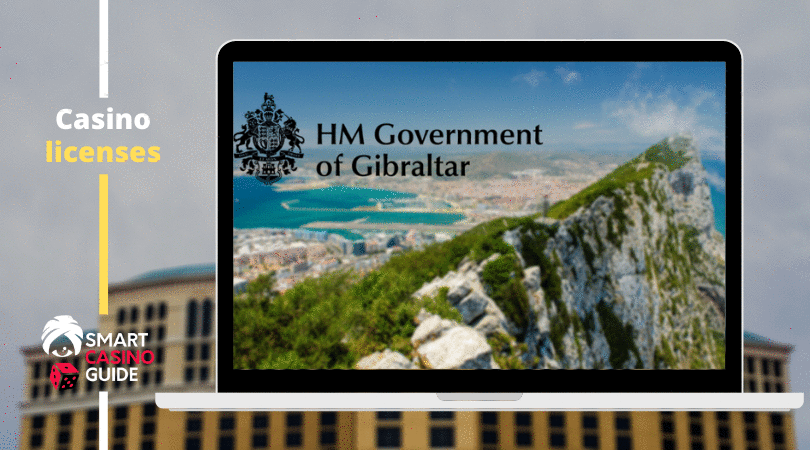Remote Gambling Licence
- Topical Issues
- 2020
- Protecting children in the online and social media age
- Covid-19
- TravelTech
- Work in Progress
- 2019
- Predictions 2020
- Taxing tech
- Regulating the internet
- Future mobility
- Fashion and luxury retail 2019
- Video games update
- BodyTech
- Privacy: there's more to it than GDPR
September 2011 However, the Act also introduced a number of other important changes for the sector including a new regulator in the form of the Gambling Commission, new codes governing socially responsible TV and radio advertising, extensive changes to the regulation of gambling, betting and lotteries and, for the first time, a specific regulatory system for online and other forms of remote gambling.
The super-casino debate was abruptly set aside four years ago when Prime Minister Gordon Brown scrapped the proposed Manchester super-casino. For companies offering remote gambling services to UK customers, the attention is now on proposed changes to the Act that could bring many more companies under the UK remote licensing regime.
Remote Operating Licence Gambling Commission
A twenty-first Century upgrade

The previous Gaming Act 1968 prevented the establishment within the UK of online or other remotely operated casinos. Those companies offering remote gambling services to UK customers were therefore based abroad. It was widely agreed that new legislation was needed to promote and regulate remote gambling in the UK whilst protecting customers.
One of the updates introduced under the new legislation was a separate licence for remote gambling, and part of the new Gambling Commission’s role was to grant licences to organisations able to meet the licensing objectives. These objectives are stated to be central to the overall purpose of the Act:
- preventing gambling from being a source of crime or disorder, being associated with crime or disorder or being used to support crime;
- ensuring that gambling is conducted in a fair and open way; and
- protecting children and other vulnerable persons from being harmed or exploited by gambling.
Any company offering remote gambling services using 'gambling equipment' (which is defined as anything used in the provision of facilities for gambling) located in the UK must obtain a remote gambling licence. 'Remote gambling' is defined as gambling in which persons participate by the use of 'remote communication'. This definition expressly includes internet, telephone, television or radio communication and also has a catch-all provision for 'any other kind of electronic or other technology for facilitating communication'. The idea was to 'future-proof' the definition against further developments in technology. The Secretary of State may also clarify in regulations that a specific system or method of communication is, or is not, to be treated as a form of 'remote communication'.
The great offshore migration
Some commentators (and no doubt HMRC) hoped that the introduction of the Act would serve as encouragement for offshore operators to relocate to the UK given that there was a feeling in the industry that customers would be happier to provide their credit card details to gambling websites within the UK. However, the years that followed did not see a movement of remote gambling companies to the UK and indeed many of the operators based in the UK at the time the Act was introduced have since relocated abroad.
The main drive behind the migration to offshore jurisdictions has been financial. Operators found that it was possible for them to avoid the UK’s 15% tax on remote gaming profits without materially affecting their services by restructuring certain parts of their operations offshore. The Act provides that operators licensed in the European Economic Area (EEA), including Gibraltar, or a ‘white-listed’ country (which at the date of this article are Alderney, the Isle of Man, Tasmania and Antigua) do not also need a UK licence to advertise and offer their services into the UK provided that they do not have any remote gambling equipment in the UK. As such, the usual practice for online gaming companies is now to set up all of their gambling equipment in tax efficient white-listed jurisdictions, whilst maintaining a presence in the UK by, for example, locating their marketing team here. This set up is perfectly legal under the Act, provided that the gaming operator is licenced in the EEA or a white-listed jurisdiction.
As the operator pays tax where the bet is struck (i.e. where the bet is accepted), not where it is placed, the potential cost saving for the operator is substantial. By way of example, operators who have set up their gambling equipment in Alderney will not pay any betting/gaming duty (although they will need to pay a licence fee to the relevant licensing authority, in this example the Alderney Gambling Control Commission). The same set up in the UK would mean paying a licence fee and also paying the UK remote gaming duty of 15% of profits.

The future: time to shift focus?
Concerns over the remote licensing system were raised at the time the Act was introduced and have persisted since. The then Sport Minister Gerry Sutcliffe commenced a review of the regime in early 2010 expressing concern that “for many reasons, increasingly few companies active in the British Market are now regulated by the commission.” The current government is discussing proposals to change the focus of the system so that anyone who provides remote gambling services to UK customers will need a licence, regardless of where they are based. Whilst the details are yet to be decided, offshore operators should brace themselves for an increase in their tax payments.
An article on the proposed reforms to the remote gambling regime features alongside this article in this month’s Download.
If you have any questions on this article please contact us.
Remote Gambling Licence
Related articles
Remote Gambling Licence App
'Concerns over the remote licensing system were raised at the time the Act was introduced and have persisted since. '